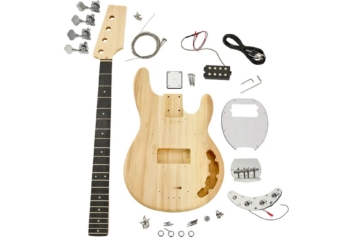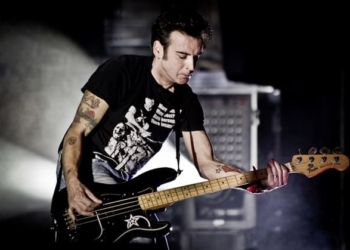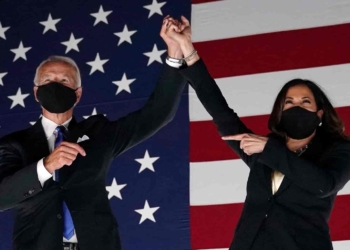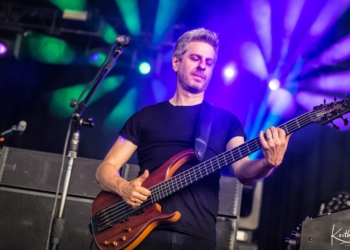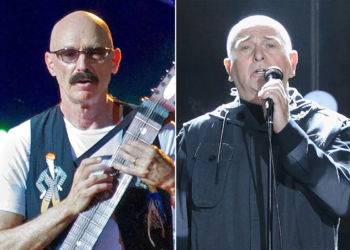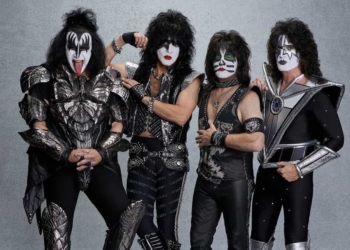Phil Lesh, the innovative bass player and founding member of the Grateful Dead, has passed away at the age of 84.
The news was shared on Lesh’s Instagram, where a statement read, “Phil Lesh, bassist and founding member of The Grateful Dead, passed peacefully this morning. He was surrounded by family and filled with love.
“Phil brought immense joy to everyone around him and leaves behind a legacy of music and love. We ask for respect for the Lesh family’s privacy during this time.”
In response to the news, surviving core members of the Grateful Dead—Bob Weir, Mickey Hart, and Bill Kreutzmann—shared their own tribute, saying, “Today we lost a brother.”
“Phil Lesh was irreplaceable,” they wrote. “In just one note from the Phil Zone, you could hear and feel the world being born. His bass flowed like a river, going wherever the muse took it. He was an explorer of both inner and outer space, who just happened to play bass. He was a circumnavigator of musical worlds yet to be discovered.
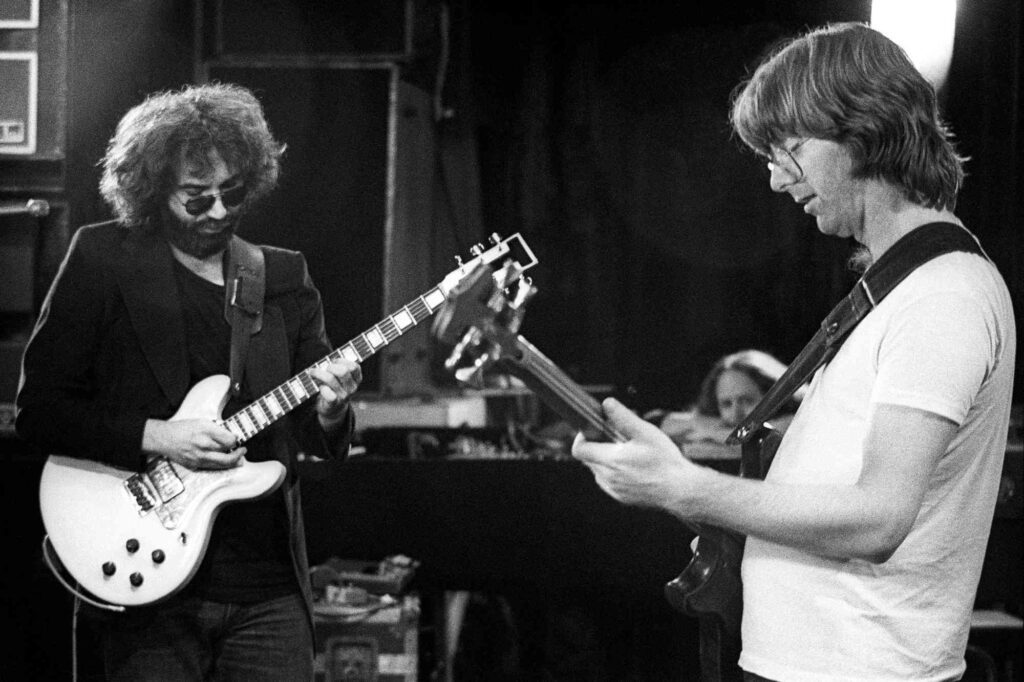
“There are only a handful of people who have profoundly influenced our development in every sense, and even fewer who did so continuously over the decades. What a gift he was to us. We won’t say he will be missed, as in every moment, nothing we do will lack the lessons he taught us—and the lessons yet to come, as the conversations will continue.
“Phil was more than a virtuoso bass player, a composer, a family man, and a cultural icon. We’ve spent a lifetime making music with Phil Lesh, and the music expresses it all. So, listen to the Grateful Dead, and in that way, we’ll carry a piece of Phil with us forever.”
From Classical Roots to Counterculture Icon: Phil Lesh and the Journey to Redefining Bass
Born on March 15, 1940, in Berkeley, California, Lesh began as a classical music student with a fascination for avant-garde styles, including free jazz. He played the violin and trumpet before Jerry Garcia invited him to join his new band, then known as The Warlocks.
Though Lesh had never played bass before, his unique approach redefined the instrument’s role, drawing influence from Bach’s counterpoint and innovative bassists like Jack Casady and Jack Bruce.
“Phil is an iconoclast by nature, and to some degree, I think he actually disdains the traditional role of the bass player,” Bob Weir told Guitar World in 2016.
Lesh’s improvisational style established a lead approach, placing the bass alongside Jerry Garcia’s guitar, with Lesh’s solos often stealing the spotlight during the Grateful Dead’s live performances.
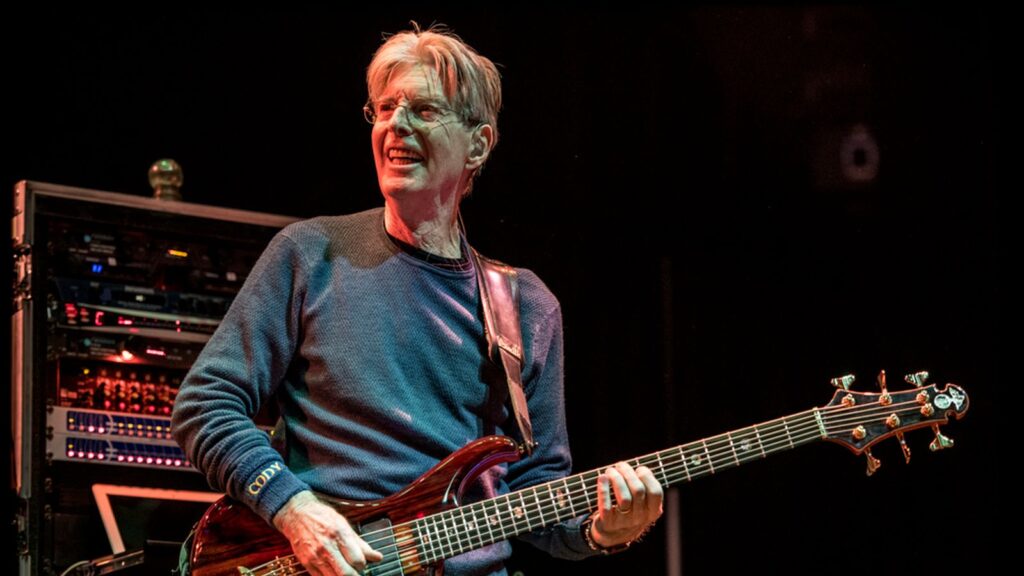
In a 2017 interview with Classic Rock, he described their shows as focused on “the moment and collective improvisation. When we were really on it, we could open the valve. And if the company didn’t like it, we didn’t give a shit. Fire us. We don’t care.”
A pioneer in music gear, Lesh’s custom Alembic bass, known as “Mission Control” to Deadheads, was a significant influence on the modern boutique bass movement.
He performed with the Grateful Dead from its inception in 1966 until 1995 and was responsible for writing some of the band’s most beloved songs, including “Truckin’,” “Box of Rain,” and “Unbroken Chain.”
Lesh continued to perform with offshoots such as The Other Ones and The Dead, as well as his band Phil Lesh and Friends, alongside Furthur with fellow bandmate Bob Weir. Although he retired from full-time touring in 2014, he still played occasional concerts.
Lesh underwent a liver transplant in 1998 and received treatment for prostate cancer in 2006 and bladder cancer in 2015. He was inducted into the Rock and Roll Hall of Fame as a member of the Grateful Dead in 1994.
